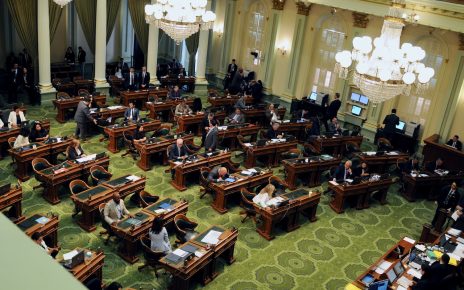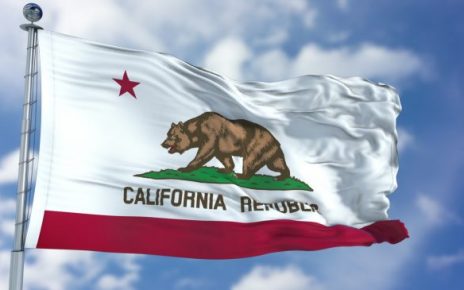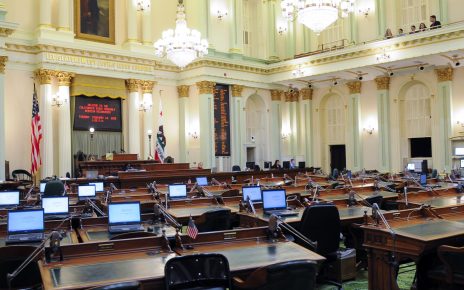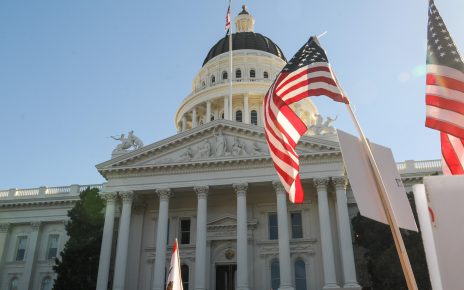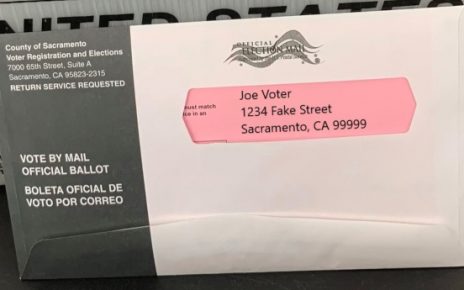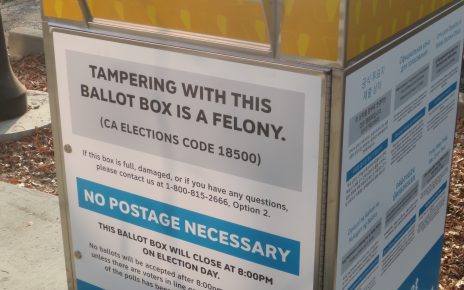Online Disclosure Act Under the California Political Reform Act
The Political Reform Act, contained in Title 9 of the Government Code, includes Chapter 4.6, which is titled the “Online Disclosure Act of 1997.” Title 4.6 was added by Chapter 866 in 1997 and contains Sections 84600 – 84616. Section...

